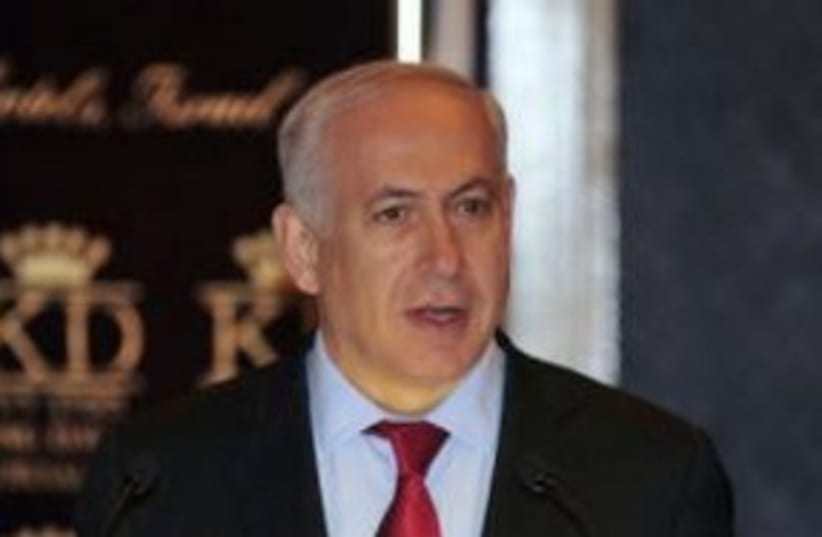PM slams Obama call for ‘Palestine’ based on ’67 lines
"Those borders are not defensible," PM rages as he flies off to Washington; Palestinian state must not come "at Israel’s expense"; US President urges resumed talks, focused on territory, security.
